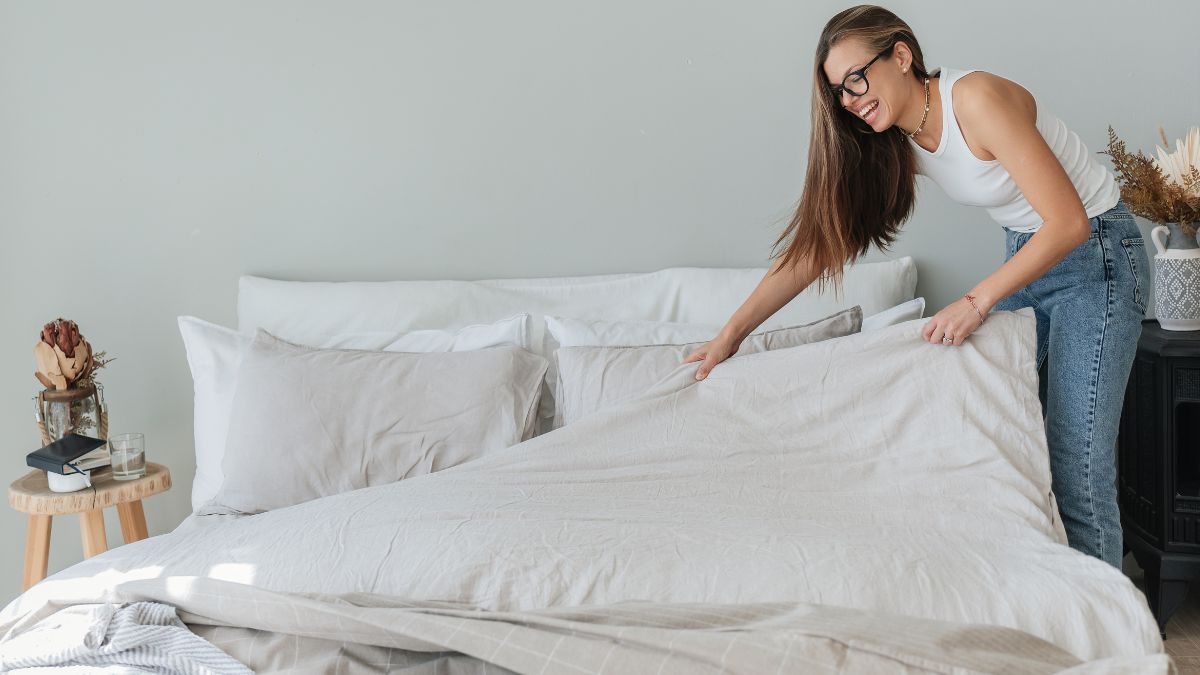The Importance of Creating and Sticking To Routines
Sure, routines may seem a bit boring, but they can actually work wonders for your life. They provide stability, boost productivity, and improve overall well-being. By understanding why routines are important and how to stick to them, you can turn your daily grind into a smoother, more fulfilling experience.
What’s a Routine?!
At its core, a routine is just a set of habits you perform regularly, often in a specific order. These habits can be simple, like brushing your teeth, or more involved, like a detailed morning workout. Having a routine helps your brain run more efficiently by cutting down on the number of decisions you have to make each day. This means you save your mental energy for more important tasks and creative projects.
Benefits of Routines
One of the biggest benefits of having a routine is the stability and structure it brings to your life. Routines give you a sense of control. Knowing what to expect each day can reduce stress and anxiety by eliminating the uncertainty that often feels overwhelming. This sense of stability is especially helpful for kids and people with anxiety, but really, it’s something everyone can benefit from.
Routines are also great for boosting productivity. When you have a set schedule, you’re more likely to use your time wisely and prioritize tasks. Starting your day with a clear plan can help you avoid procrastination and make sure important things get done. Plus, routines help you balance work and play, which is key to avoiding burnout. By setting aside specific times for work, exercise, social activities, and relaxation, you can maintain a healthy lifestyle and improve your overall well-being.
Another awesome thing about routines is how they help you build healthy habits. When you regularly do positive actions like exercising, eating nutritious meals, and practicing mindfulness, these behaviors become automatic over time. This makes it easier to lead a healthy lifestyle because you don’t have to think about it so much. For example, if you make a habit of working out regularly, you’re more likely to stick with it in the long run, which leads to better physical and mental health.
Routines also help you achieve your long-term goals. Breaking down big goals into smaller, manageable tasks and fitting them into your daily routine makes them less intimidating. This approach, known as “chunking,” helps you make steady progress and stay motivated by providing a clear path to follow.
Good routines can even improve your sleep. A consistent daily schedule helps regulate your circadian rhythm, the internal clock that controls your sleep-wake cycle. By going to bed and waking up at the same time every day, your body gets used to a regular sleep pattern, which leads to better sleep quality. And better sleep means better mood, cognitive function, and overall health.
Balance is Key
It’s important to remember that routines don’t have to be rigid. Life is unpredictable, so it’s essential to build routines that allow for flexibility. The key is to find a balance between consistency and adaptability. For instance, while it’s helpful to have a morning routine, it’s also important to adjust it when needed, like during holidays or unexpected events. This flexibility keeps routines from becoming monotonous or stressful.
Creating an effective routine takes some planning and self-awareness. Start by figuring out your priorities and the activities that matter most to you. Think about your natural rhythms and energy levels throughout the day to decide the best times for certain tasks. For example, if you’re most alert in the morning, schedule your most demanding tasks then. If you tend to hit a slump in the afternoon, plan less intensive activities or take a break during those hours.
It’s also smart to start small and gradually build your routine. Trying to change everything at once can be overwhelming and counterproductive. Instead, focus on adding one or two new habits at a time until they become second nature. Celebrate your successes along the way, no matter how small, to stay motivated and reinforce positive behavior.
Make the Most of Your Routines
Accountability can help too. Share your goals and routines with a friend or family member to get some encouragement and keep yourself on track. Tools like planners, calendars, or habit-tracking apps can also help you stay organized and monitor your progress.
Finally, remember to periodically reassess and adjust your routines. As your life and goals change, your routines should adapt, too. Review your schedule regularly to make sure it still aligns with your priorities and contributes to your well-being. Don’t be afraid to make changes if something isn’t working—flexibility and adaptability are crucial for maintaining effective routines over the long term.
Creating and sticking to routines can really improve your life. Embracing the benefits of routines, while staying flexible, can lead to a more balanced, productive, and fulfilling life. So, take the time to establish routines that work for you and enjoy the positive changes they bring to your daily life.







